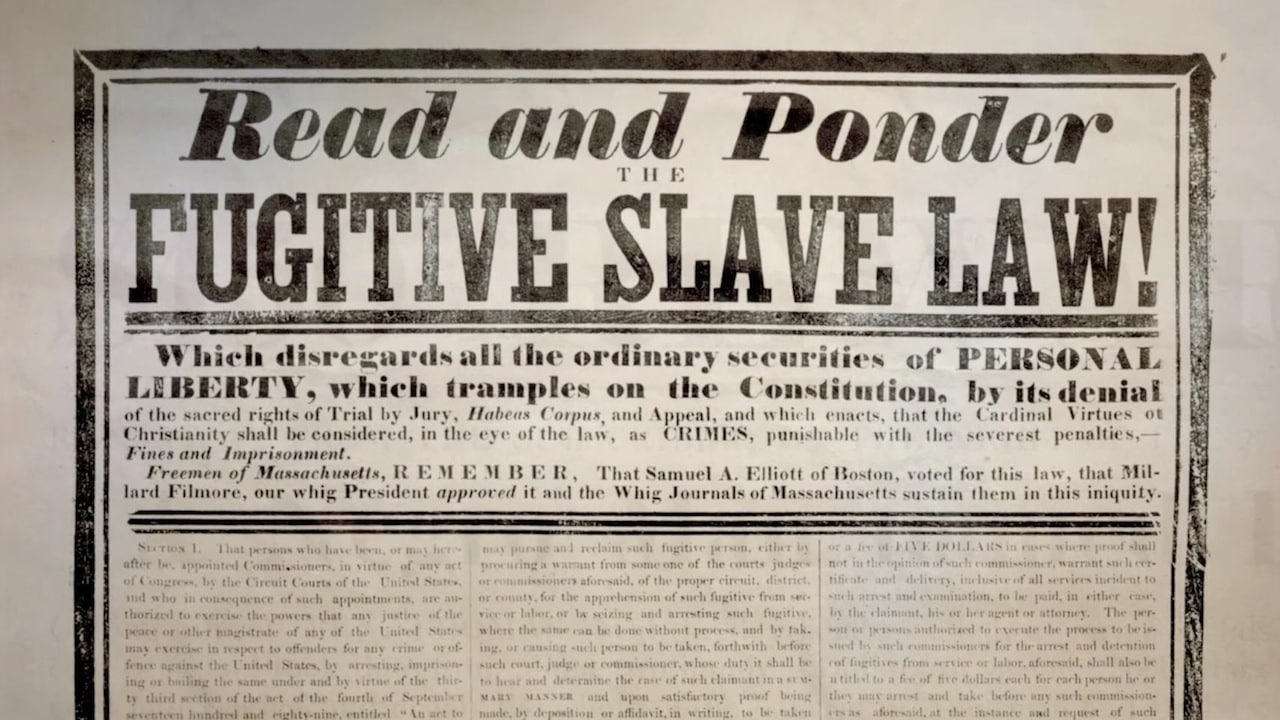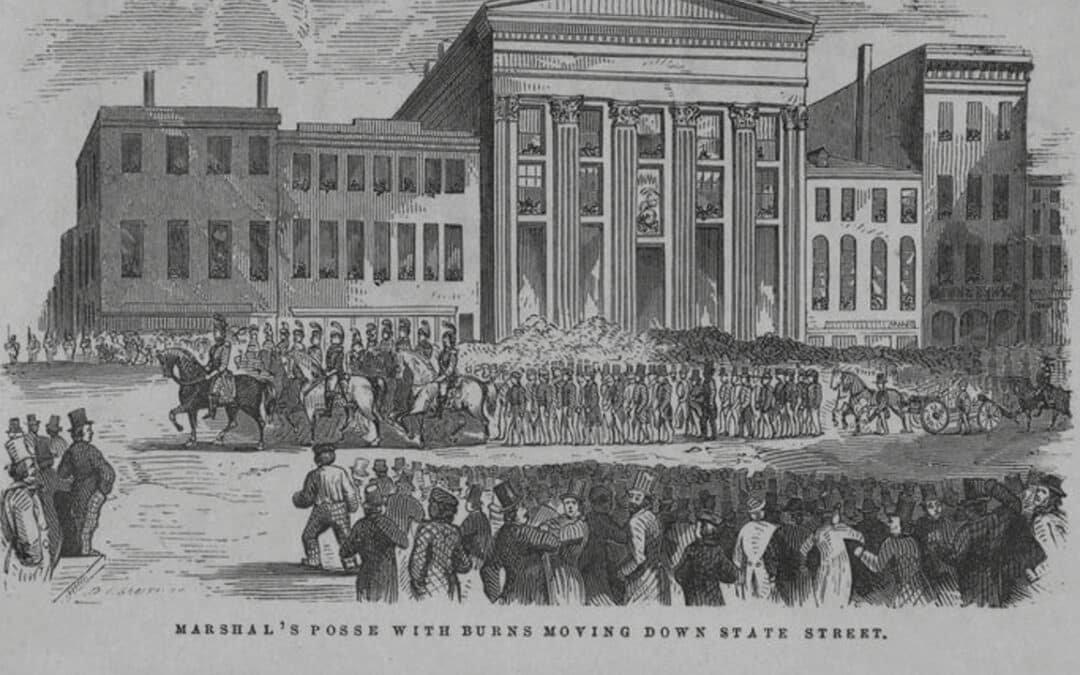

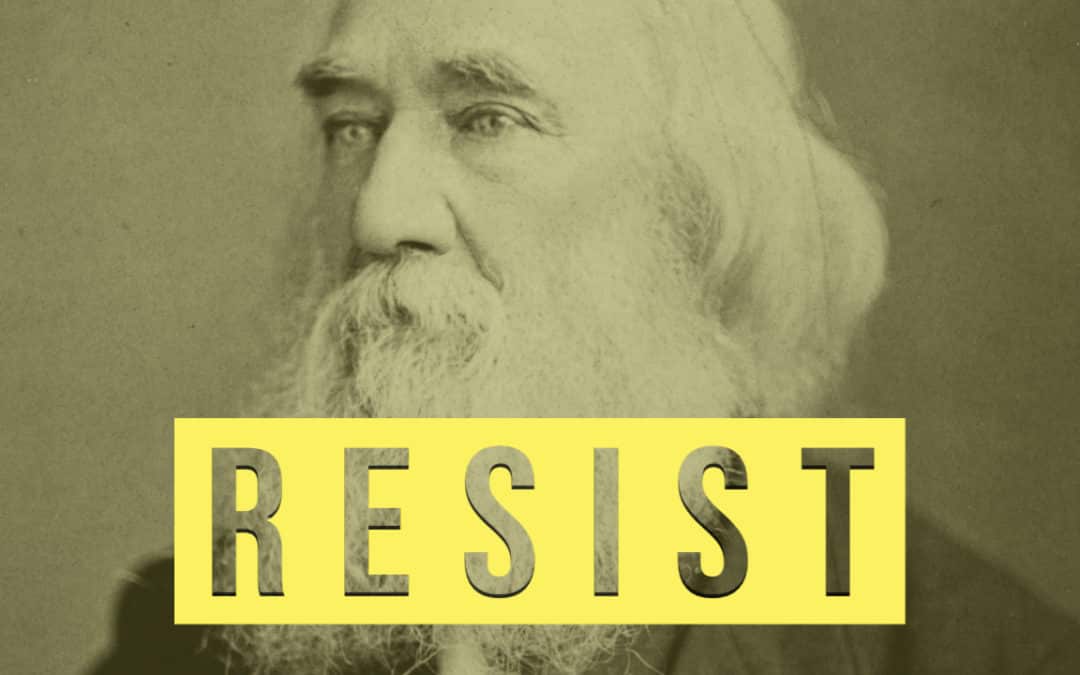
Lysander Spooner’s Strategy to Stop Unconstitutional Acts
Resist. That was Lysander Spooner’s strategy to stop unconstitutional acts that was very much in line with James Madison and other prominent founders. Spooner was a prominent 19th-century abolitionist. He is well-known in libertarian circles for saying the...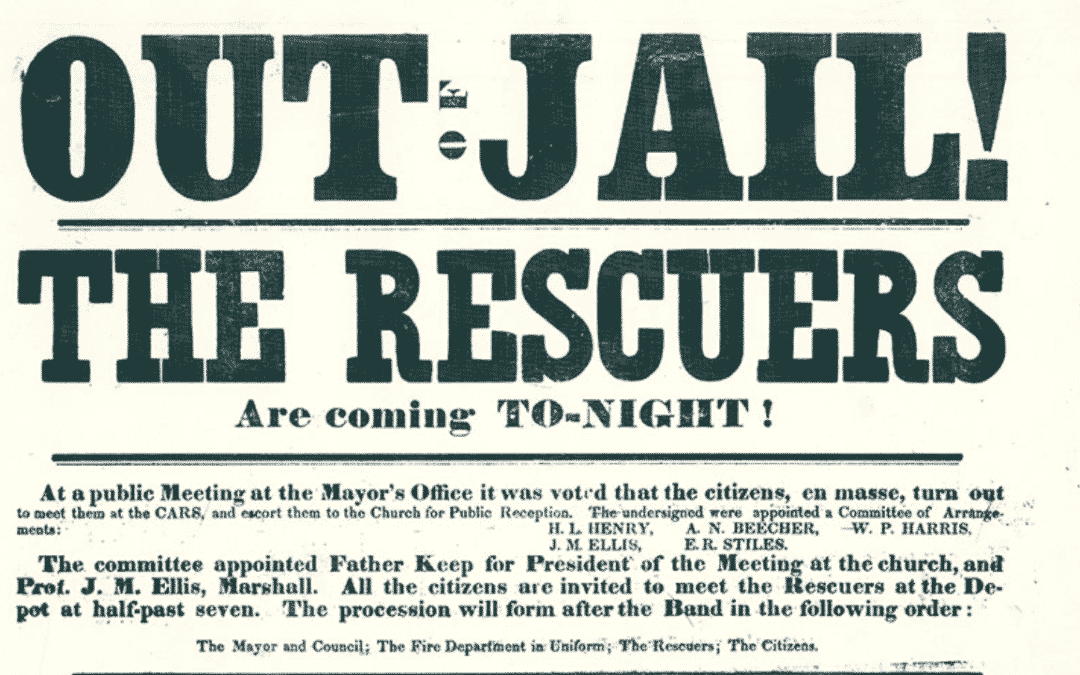
The 1859 Oberlin Trial: A Victory for the Higher Law
Months prior to John Brown’s infamous 1859 raid on Harper’s Ferry, a trial took place rooted in the same issues of slavery and federal enforcement that, while ultimately inconsequential in shaping future debate, is a historical event worth remembering. The incident...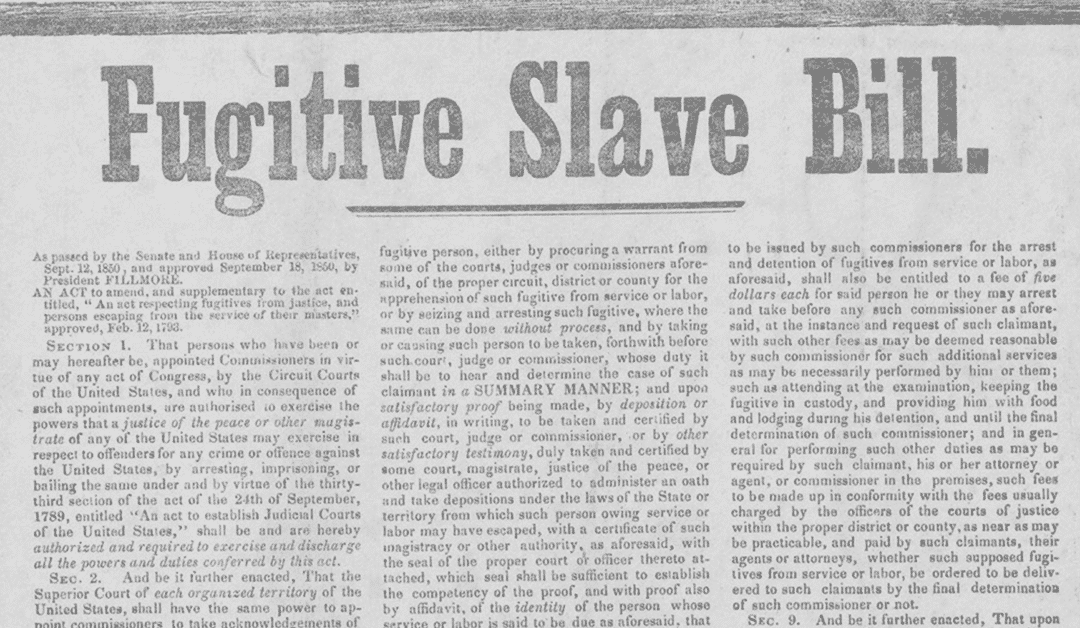
Today in History: Fugitive Slave Act of 1850 Signed into Law
On Sept. 18, 1850 President Millard Fillmore signed the Fugitive Slave Act of 1850 into law, setting the stage for wildly successful nullification efforts by northern states. The Fugitive Slave Act set up a legal structure to facilitate the capture of runaway slaves...